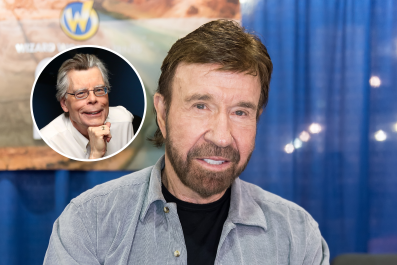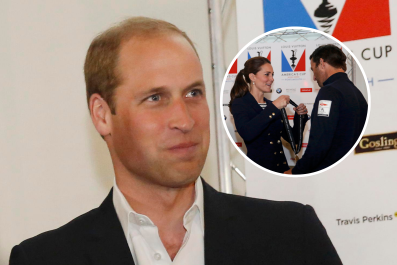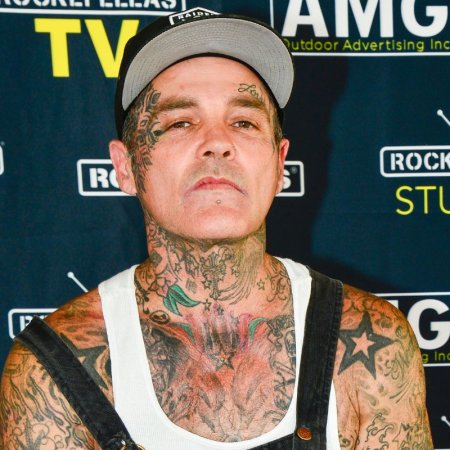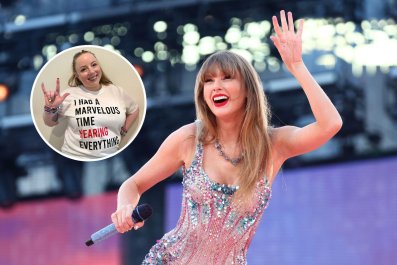King Charles III has appointed the third prime minister of his reign, after Sir Keir Starmer's Labour Party secured a landslide victory in Britain's general election on July 4.
The king called Starmer to Buckingham Palace at 12 p.m. London time, or 7 a.m. ET, on Friday to officially ask him to form a government in the monarch's name, which is the British equivalent of a swearing-in ceremony.
"Kissing hands" is the historic name for the ceremony, which dates back to a time when prime ministers would physically kiss the hands of the king or queen upon their appointment. Over time, the gesture has been discontinued.
The meeting between the monarch and prime minister takes place in private and is the first of the weekly audiences that are held between the head of state and the head of government.
Britain's system of a constitutional monarchy means the sovereign's role is to reign, not to rule. Though Charles is the head of state and national figurehead, he holds no political power.
The government, however, acts in the name of the monarch, and they hold constitutional and ceremonial functions. These include formally appointing the prime minister and other ministers of state, acting on the advice of the government, giving royal approval to bills that are signed into law, and opening and suspending parliamentary sessions.
In communication with the prime minister, the sovereign holds the right to be consulted on political matters, to encourage and to warn.
On Friday, Charles and Starmer were photographed shaking hands in the formal audience room of Buckingham Palace, marking the beginning of a new premiership—a significant milestone in British political history as it ends 14 years of Conservative Party rule.
Earlier in the day, former Prime Minister Rishi Sunak met with the king at the palace to mark the end of his leadership of the country. Sunak took office in October 2022 following the resignation of his predecessor, Liz Truss.
Truss was the last of 15 prime ministers to serve during the reign of Queen Elizabeth II, having been appointed during a meeting at Balmoral Castle two days before the 96-year-old monarch's death.
Sunak and the Conservatives had the largest defeat in their party's history at the polls on Thursday, losing more than 200 seats in the House of Commons. They now have fewer than 130 members of Parliament. With more than 400 seats, Starmer's Labour Party now holds the majority.
On July 9, Starmer is set to step onto the world stage, making his international debut as prime minister at the NATO Summit being held in Washington, D.C. He is expected to come face-to-face with President Joe Biden, presenting an opportunity to acknowledge the "special relationship" between Britain and the U.S.
When he returns to Britain, the new prime minister is set to prepare his government's core policy goals for the upcoming term, which would be written into a speech by Starmer's staff and read by Charles at the State Opening of Parliament. The ceremony is scheduled to take place on July 17, the same day as Queen Camilla's 77th birthday.
James Crawford-Smith is Newsweek's royal reporter, based in London. You can find him on X, formerly Twitter, at @jrcrawfordsmith and read his stories on Newsweek's The Royals Facebook page.
Do you have a question about King Charles III and Queen Camilla, William and Princess Kate, Meghan Markle and Prince Harry, or their family that you would like our experienced royal correspondents to answer? Email royals@newsweek.com. We'd love to hear from you.
Disclaimer: The copyright of this article belongs to the original author. Reposting this article is solely for the purpose of information dissemination and does not constitute any investment advice. If there is any infringement, please contact us immediately. We will make corrections or deletions as necessary. Thank you.




